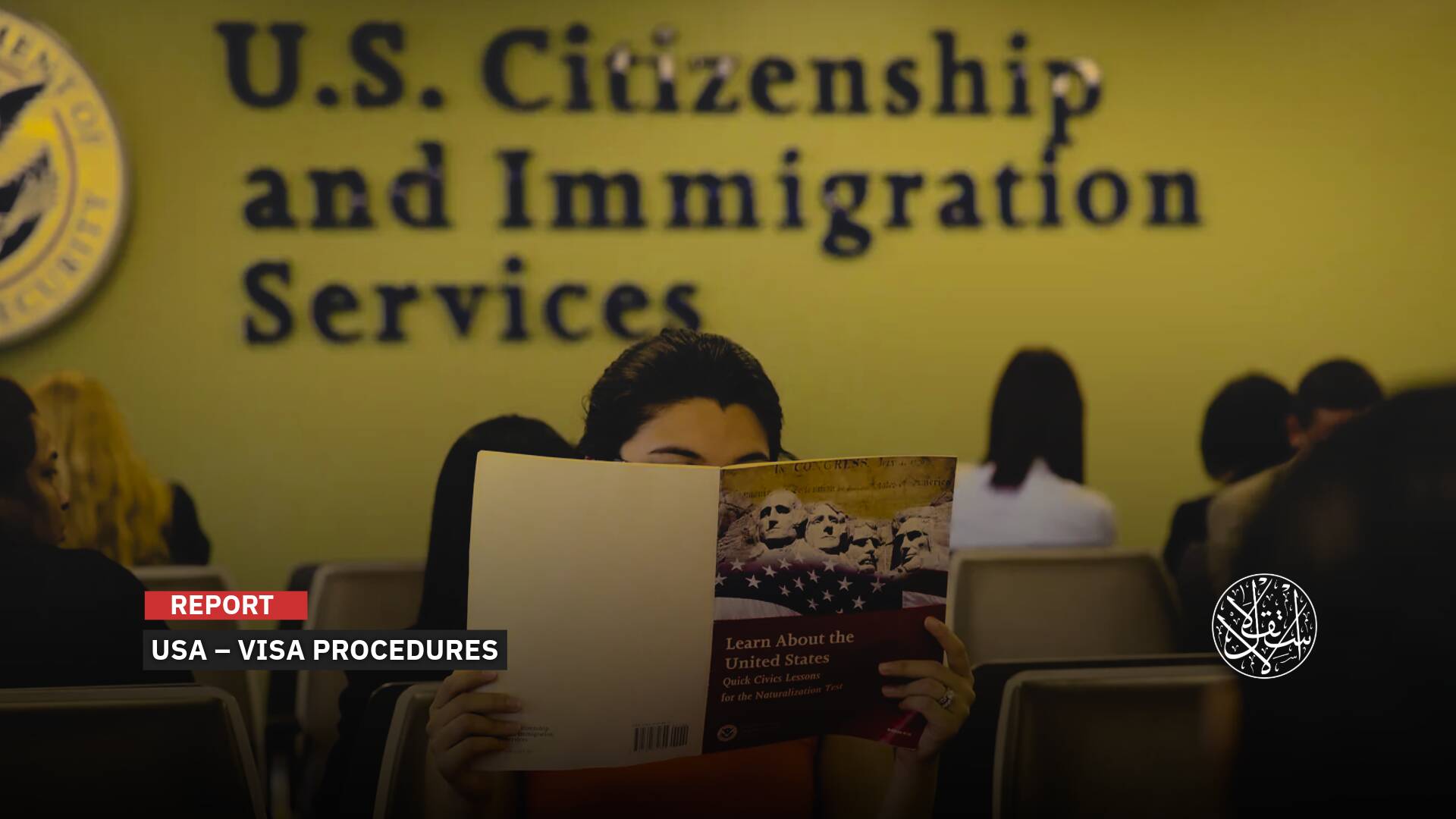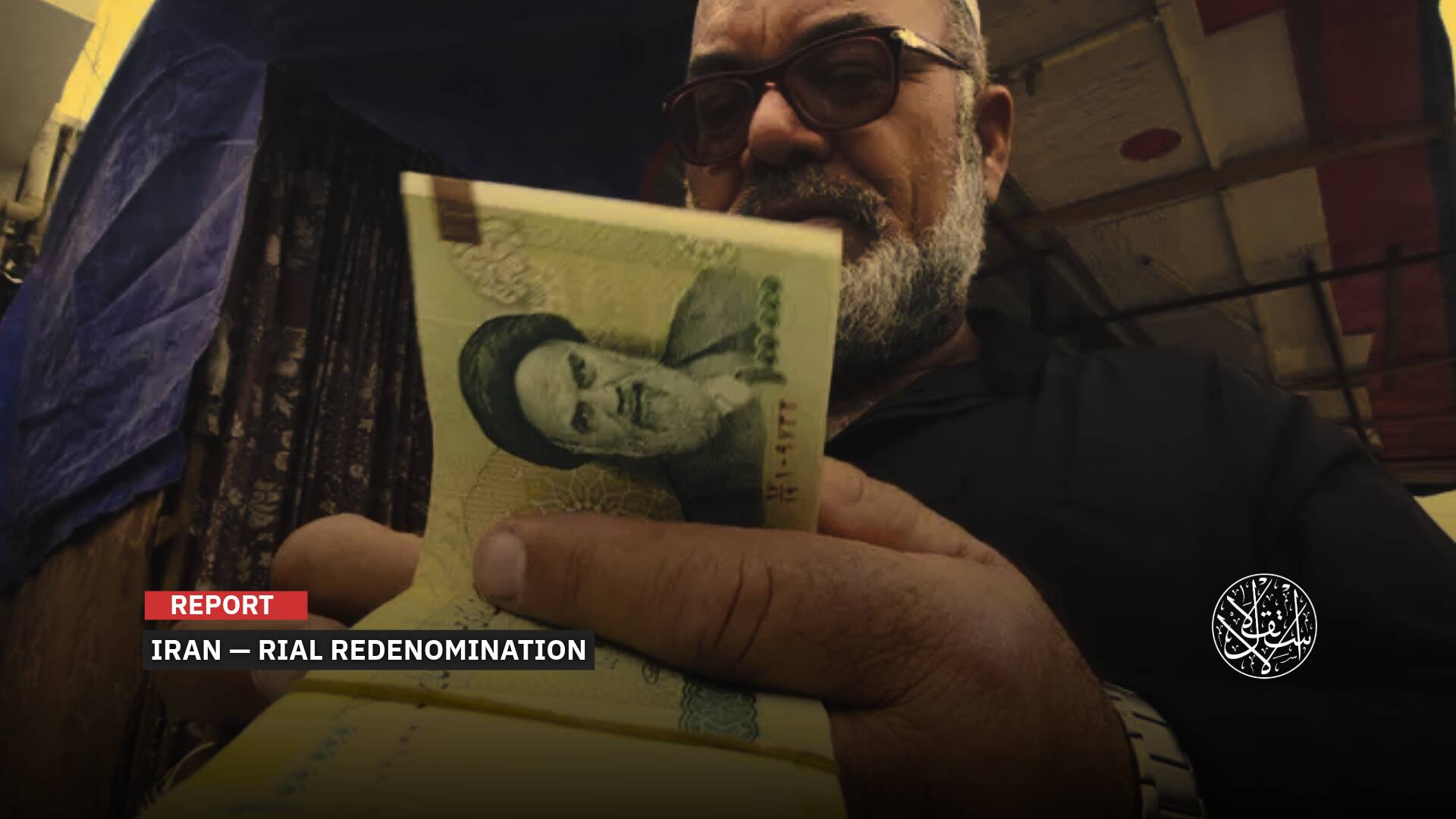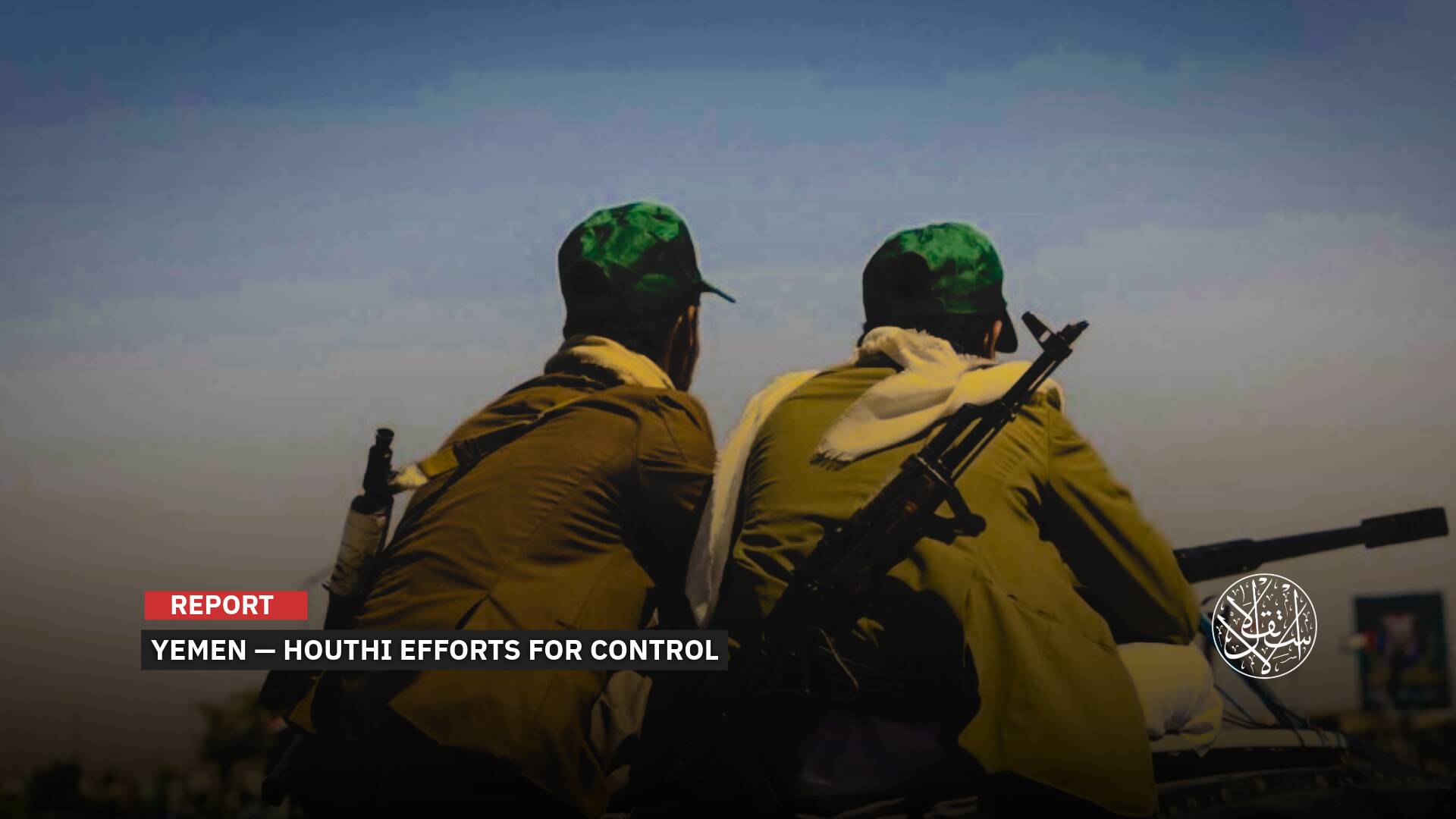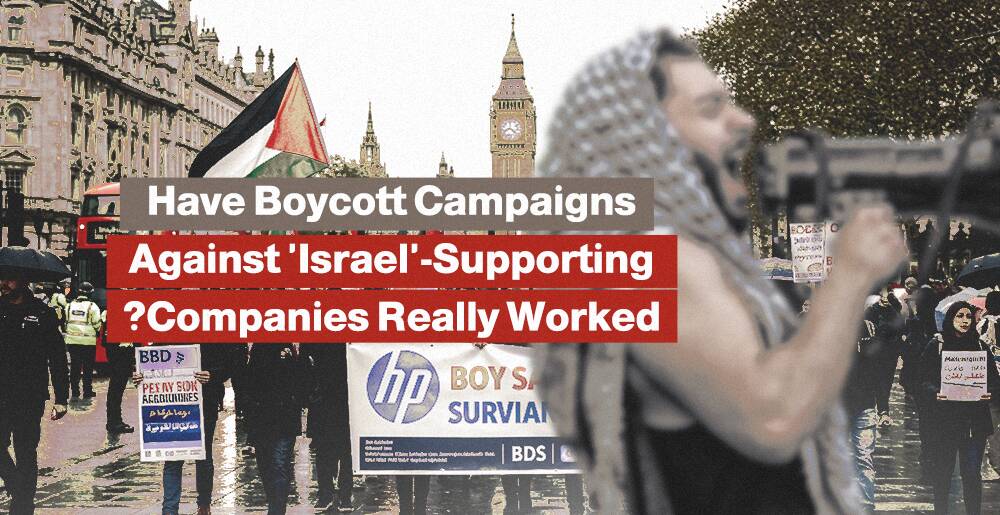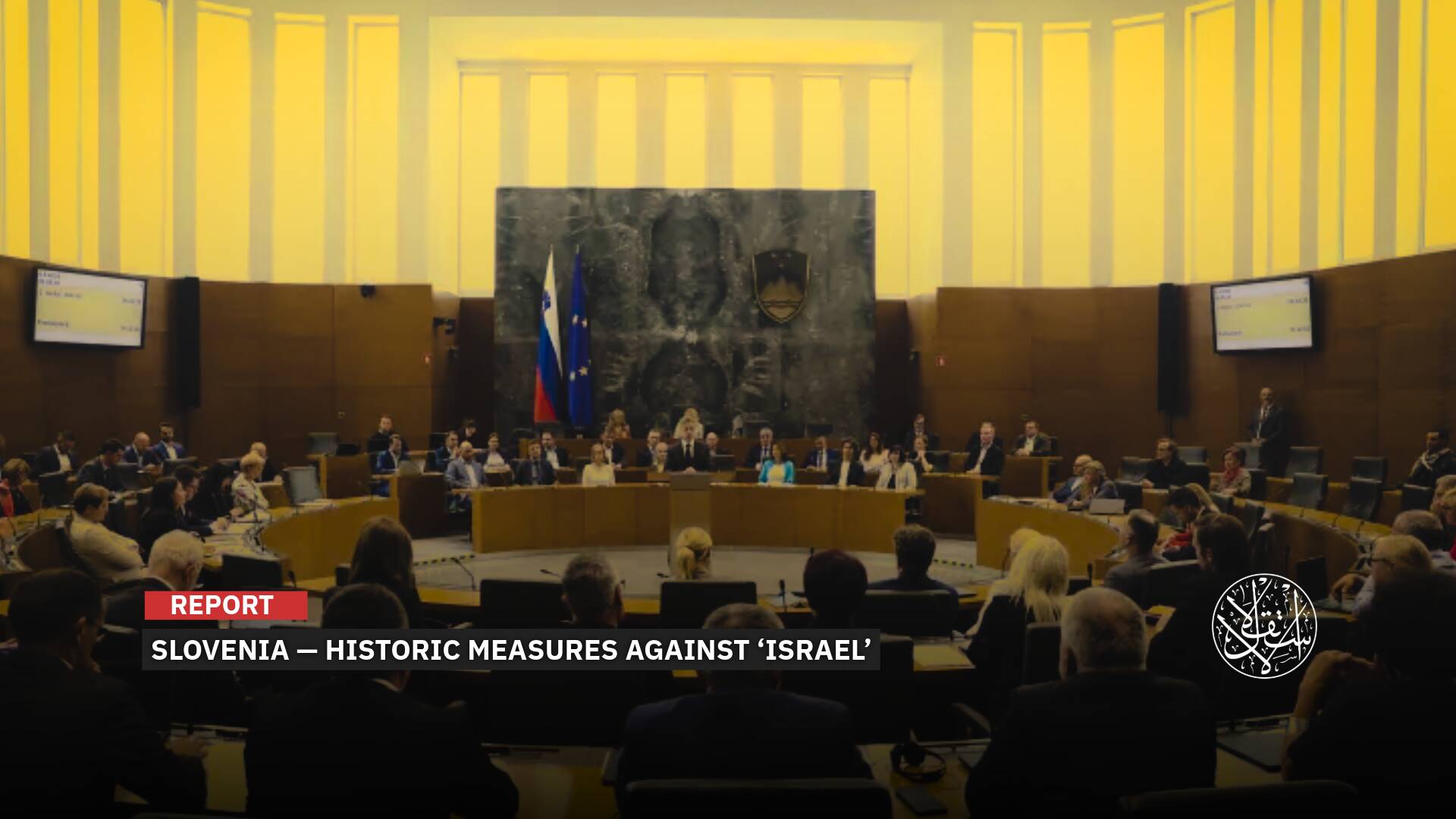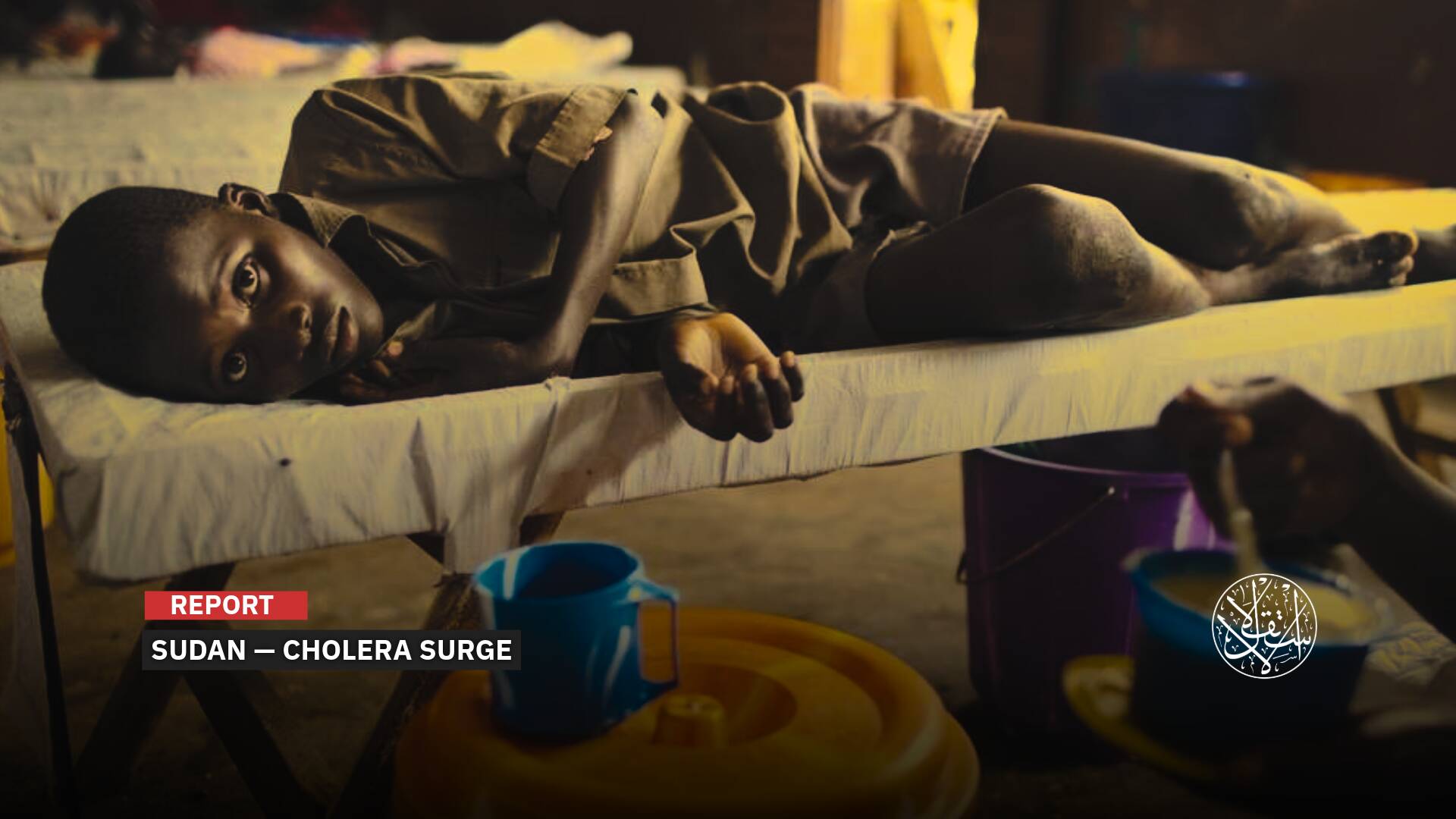Why Is Egypt Classified as One of the ‘Most Dangerous’ Countries in the World?

According to global medical and security specialists International SOS, its website Travel Risk Map, has issued a list of countries from safest to most dangerous for foreigners in 2022.
Egypt is ranked among the "most dangerous" countries in the world.
In its classification, the site relies on five categories of the index, ranging from safe or low-risk countries to high-risk, and relies on information and data on terrorism, insurgencies and politically motivated unrest, social unrest (including sectarian, communal and ethnic violence) and violent and petty crime.
The robustness of the transport infrastructure, the state of industrial relations, the effectiveness of the security and emergency services and the country’s susceptibility to natural disasters were also taken into account when rating each country.
The countries classified as "high-risk" are Afghanistan, Yemen, Syria, Libya, Mali, Somalia, South Sudan and the Central African Republic, as well as parts of Mozambique, Nigeria, the Democratic Republic of the Congo, Ukraine, Pakistan, Iraq and Egypt.
Foreigners in Threat
Since the 2013 coup and the toppling of late president Mohamed Morsi, Sisi has conquered the country with an iron fist, shutting down anyone who opposes his views.
According to the Washington Post, “While the government previously focused on targeting political opponents, the latest efforts have swept up anyone deemed a threat, including more than 100 foreigners, journalists and even children.”
In 2015, A number of Egyptian army helicopters carried out a "false" attack on a group of Mexican tourists while eating lunch on oases road, killing 12 tourists, injuring 10 others, and causing a major diplomatic crisis against the regime, as none of the soldiers involved in the attack had been brought to judicial accounting.
In 2016, Italian Cambridge graduate Giulio Regeni was arrested and abducted by police forces in Egypt and tortured to death, then his body was found half naked in the desert.
In 2019, Aaron Boehm, a student at the University of Edinburgh who was in Egypt on a study abroad program to learn Arabic, was stopped by a security agent and was asked to handle his cellphone.
When the 22-year-old American student hesitated, he said to the Washington Post, the Egyptian agent revealed a handgun beneath his shirt. Boehm unlocked his iPhone 6 and handed it over, and was blindfolded for 15 hours then jailed for three nights, due to accusations of CIA espionage.
American citizen Mohamed Sultan’s family in Egypt was arrested and tortured due to Sultan’s human rights activism in the US.
In an Al-Estiklal interview with one of Sultan’s relatives, who preferred to be anonymous, said that police forces raided his house and abducted him in the middle of the night in 2020.
“All that they said to me was that my relative is the one who’s responsible for his arrest, and that he’s going to ‘throw me in hell,’” the source added to Al-Estiklal.

Daily Suffering
If foreigners are being arrested, abducted, killed and tortured frequently, how can Egyptians’ lives be at the daily level?
Al-Estiklal interviewed two youth Egyptians and asked them about what they think about the recent Travel Risk Map study.
Ahmed Hosam, a lawyer in Alexandria, said: “Since my graduation I've been striving to find a job opportunity. I'm currently working in a law firm with a very decent wage that doesn’t.
“A week ago Alexandria has witnessed several rain showers, and this is normal for Alexandria, but what isn’t normal is the huge lack of infrastructure to contain these rains.
“Every rain shower people die, roads are blocked, electricity posts and light posts are damaged, cars break down, and schools and universities are halted, and this is normal in our daily life.

“In addition to all that misery, police armed vehicles frequently roam around the city, make blockades, and search people’s phones and ID cards, suspecting anyone who may be an opponent of the regime,” he concluded to Al-Estiklal.
Salma Karim, a 25-year-old housewife from Cairo, doesn’t disagree with what Hosam said, adding: “I, as a girl who lives in Egypt, have no security at all. I always walk in the streets with fear, especially when I’m all by myself.
“What is mentioned in the study is the big picture, our daily life is suffering on a daily basis. To go to work you have to fight your way through crowded streets, overloaded public transport, people shouting and cursing and sexual harassment both verbally and physically.
“There is no form of security whatsoever, either job security or social security, even medical insurance is weak. I can get fired any day without any rights, and no one is abided by the law, it’s like every man for himself in a monstrous society,” she mentioned.




